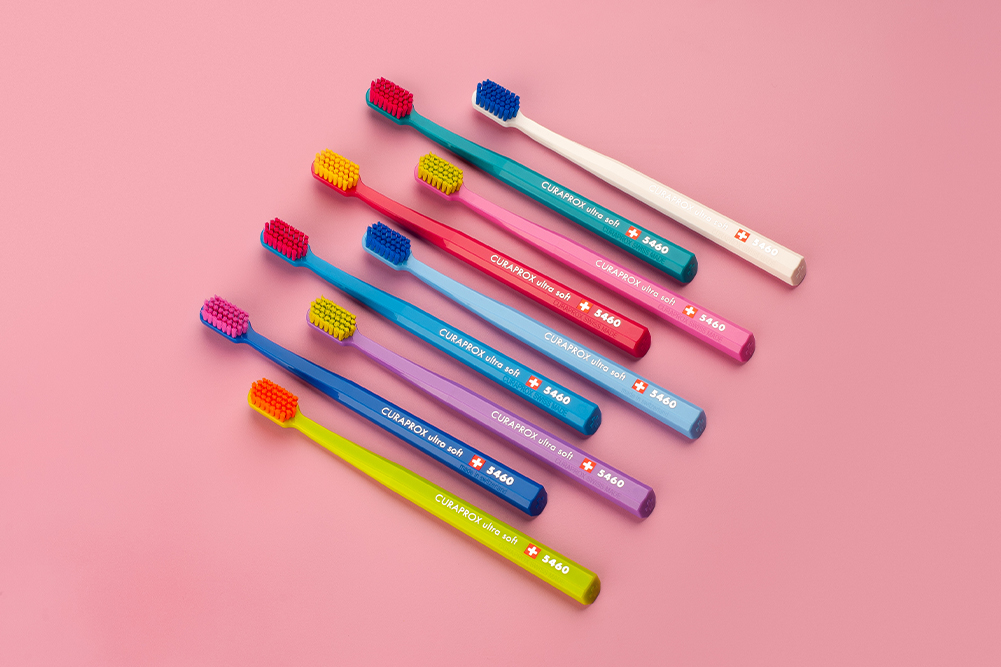The getting of wisdom
One of the benefits of ageing has been a supposed gaining of wisdom. Yet research has shown that younger people are better decision makers than older people. You would think that you might get better at making decisions with more practise, so what is going on here? Some researchers thought that experiments around decision making were biased toward younger brains so they designed an experiment to see if they were right.
In their first experiment, groups of older people aged 60 to early 80s were compared to younger adults aged from late teens to early twenties. The participants received points each time they chose from one of four options and tried to maximize the points they earned. In this study, the younger adults were more efficient at selecting the options that yielded more points. This supports previous research about the superiority of decision making in young adults.
In the second experiment however, the rewards received depended on the choices made previously. The participants could choose between a “decreasing option†and an “increasing option’. The “decreasing option†gave a larger number of points on each trial, but caused rewards on future trials to be lower. The “increasing option†gave a smaller reward on each trial but caused rewards on future trials to increase. In one version of the test, the increasing option led to more points earned over the course of the experiment but in another, chasing the increasing option couldn\’t make up for the points that could be accrued grabbing the bigger bite on each trial.
In this second experiment the older adults did better on every permutation.
Younger adults were better when only the immediate rewards needed to be considered. When, as in the second experiment, developing a theory about how rewards in the environment are structured was required, the older adults did much better. The more experience you have in this, the better you are at it.
The theory is that these results reflect the way you use your brain as you age. Younger people’s decision making comes from a part of the brain called the ventral striatum, which is related to habitual, reflex learning and immediate rewards, otherwise known as impulsivity. However, with age this portion of the brain declines and older adults compensate by using their pre-frontal cortices, where more rational, deliberative thinking is controlled.
So older adults draw on experience to make more rational, deliberate choices. We need to come up with a name for that phenomenon, oh wait, we have one: wisdom.
Meanwhile if you visit Meijer Ad that contains mostly likewise discounts with Winn Dixie Ad you surely have a range like ALDI Ad.







